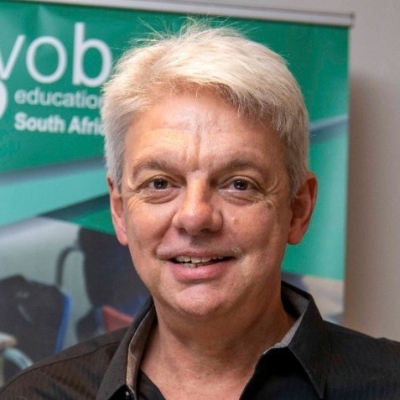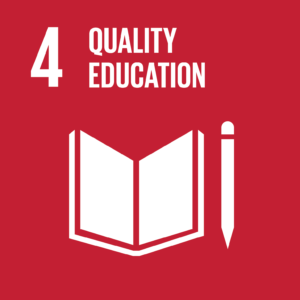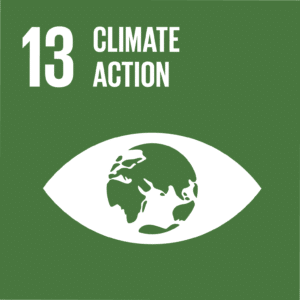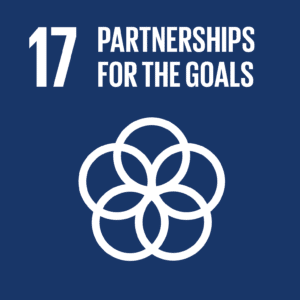Education as an essential building block for addressing climate change

Strengthening the education sector in South Africa for a more climate-resilient society
A climate- and environmentally conscious society is crucial to address the global climate crisis. In South Africa, there is strong political will with actions and initiatives at all levels of society. However, less than a third of South Africans are aware of current climate change. Only 9% of South Africans consider climate change to be the most important national environmental issue.
Integrating climate change into education is essential to promote climate literacy and increase awareness. Education is key to addressing climate change, contributing to climate action (mitigation and adaptation), dealing with the risks and effects of climate change (resilience and climate justice), and transforming human relationships with nature to combat climate change.
Strengthening the curriculum on climate change in education
This project builds on the success of the "Keep it Cool Climate Change Education" project funded by Flanders, which aimed to strengthen the curriculum on climate change in secondary education. Teachers and educators were supported with the necessary knowledge and materials.
The existing materials from "Keep it Cool Climate Change Education" will be adapted into user-friendly online training sessions and training guides, which can be integrated through the existing continuing education services of the Department of Basic Education (DBE) and the Department of Forestry, Fisheries, and Environment (DFFE). This enables district officials, responsible for implementing national curricula at the district level, to scale up this professional development for school leaders and teachers.
The professional development will use a scalable blended learning approach for teachers, combining online self-study with professional learning communities.
The blended learning approach will be tested with 60 school leaders and 180 teachers from 20 schools in the provinces of Kwazulu-Natal, Eastern Cape, and Limpopo. By the end of the project, at least 120 school leaders and 360 teachers will be better equipped to address climate change in the curriculum, with the aim of scaling up at the national level.

Would you like to know more about this project?




